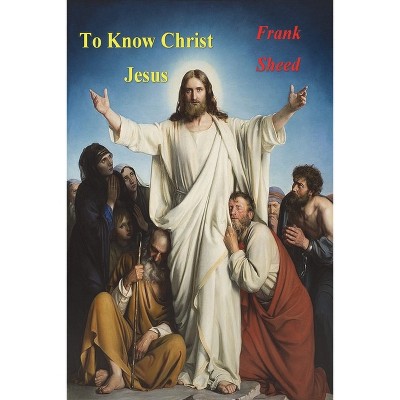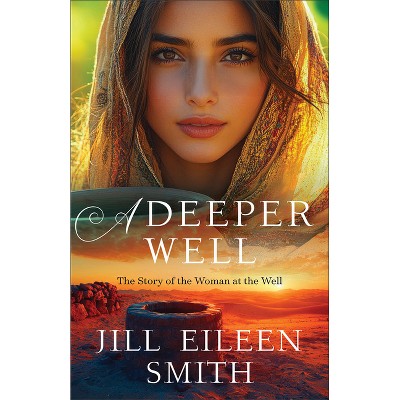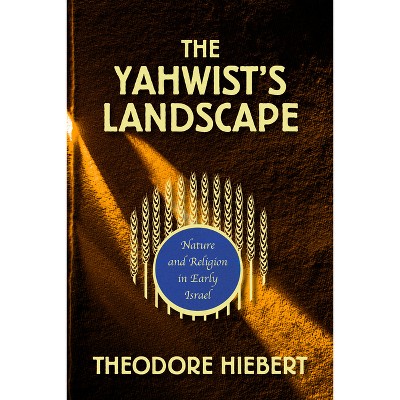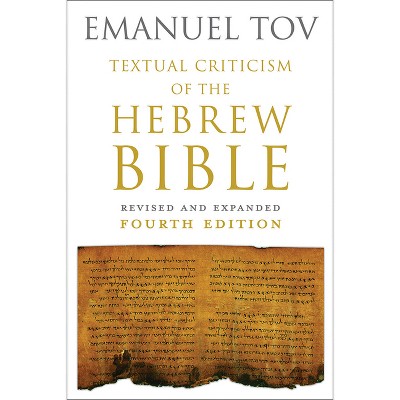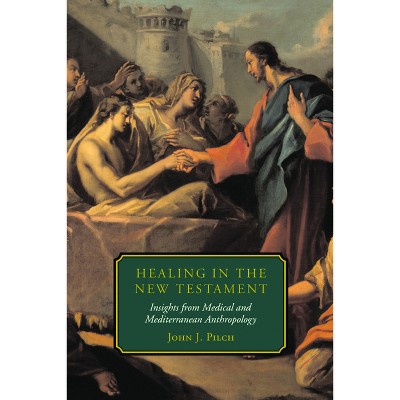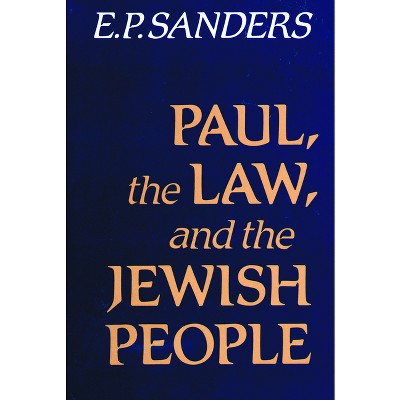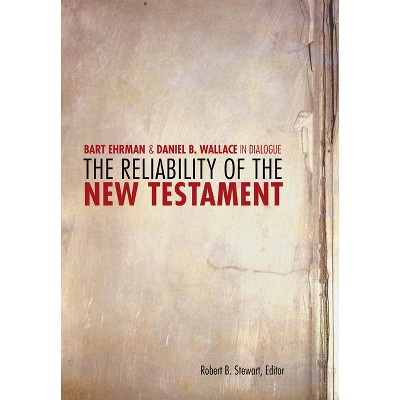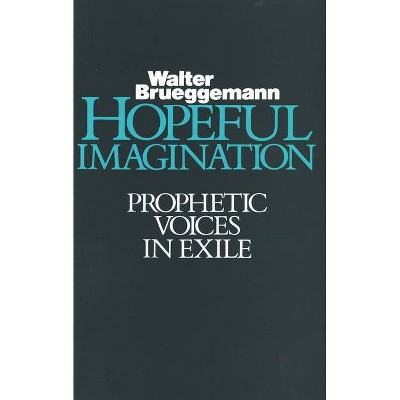Sponsored

The Proverbial Woman - by Amy J Chase (Paperback)
In Stock
Sponsored
About this item
Highlights
- Female identity is fraught and fetishized, commercialized and contested--so potent a weapon in contemporary cultural warfare that a sitting US senator had no shame in asking a nominee to the Supreme Court to ""define 'woman.'
- Author(s): Amy J Chase
- 194 Pages
- Religion + Beliefs, Biblical Criticism & Interpretation
Description
About the Book
The Proverbial Woman offers a narrative and dialogical approach to the text of Proverbs 31 that unearths the poetry's social, sexual, and political silences and silencings. Chase excavates the power dynamics that promote elite ideologies even as gaps, ambiguities, and contradictions enable marginalized perspectives within the text to resist them.Book Synopsis
Female identity is fraught and fetishized, commercialized and contested--so potent a weapon in contemporary cultural warfare that a sitting US senator had no shame in asking a nominee to the Supreme Court to ""define 'woman.'"" But the battle over female identity is not of modern invention. Its roots are ancient. And in the Hebrew Bible, one text has served as the focal point of both classical and fashionable conceptions of female identity: Proverbs 31. A timeless pattern of femininity for some and a punchline for others, the poems themselves have received wildly differing levels of analysis, with too much ink spent on ""the ideal woman,"" and far too little on political rebukes and economic displacement.
The Proverbial Woman offers a comprehensive narrative and dialogical approach to the text that unearths the poetry's social, sexual, and political silences and silencings. It highlights the forgotten characters: the women who destroy kings, the silenced poor, displaced peasants, and foreigners. It examines the text's conflict, setting, characters, and dialogue. It encourages the reader to recognize the drama taking place in the text's world and to explore how these features enabled an ancient community pondering these sapiential lines to process their cooperation with empire in an economic system that benefited some and exploited others.
The Proverbial Woman excavates the power dynamics that promote elite ideologies even as gaps, ambiguities, and contradictions enable marginalized perspectives within the text to resist them. The interpretive approach demonstrated in this study can be replicated among communities today wanting to use biblical texts to construct for themselves a more just and prosperous world.
Review Quotes
Amy Chase offers a fresh reading of the Proverbial Woman in Proverbs 31 that emphasizes the ambiguities and tensions that a dialogical reading of this text in its social context(s) offers. Attending to the role of narratology, affect theory, and feminist biblical interpretation, Chase helps the reader see that it is not unimportant which narrative we tell as words indeed create worlds. --L. Juliana Claassens, professor of Old Testament, Stellenbosch University
The Proverbial Woman, like its biblical namesake, deserves great praise. Amy Chase has written a smart, compassionate, and compelling study of Proverbs 31. She attends to the complexity and literary art of the text while also inviting us to consider which voices might be neglected or silenced. The Proverbial Woman is a worthy guide to a complicated and important biblical text. --Rhiannon Graybill, Marcus M. and Carole M. Weinstein & Gilbert M. and Fannie S. Rosenthal Chair of Jewish Studies, and professor of religious studies, University of Richmond
You may not recognize the women at the end of Proverbs after reading The Proverbial Woman! Expertly attuned to class and gender dynamics, this analysis reveals both King Lemuel's mother and the eshet chayil as complicated, surprising, and even troubling figures. Many communities and commentators focus on these exceptional women, exalting especially the eshet chayil; Chase's reading exposes multifaceted figures more worthy of resistance than of emulation. --Jennifer L. Koosed, professor of religious studies, Albright College
In The Proverbial Woman, Amy Chase artfully presents a fresh reading of Proverbs 31's poems, uncovering their multivalent meanings regarding the privileged class, vulnerable groups, dynamic dialogues between family members in their respective socioeconomic contexts, the silenced characters, and their elite counterparts. Her carefully crafted questions about the text engage the reader creatively in contemplating the implications of identity construction and deconstruction in the act of reading the text in its context. --Chloe T. Sun, professor of Old Testament and program director of the Chinese Studies Center, Fuller Theological Seminary
Shipping details
Return details
Frequently bought together

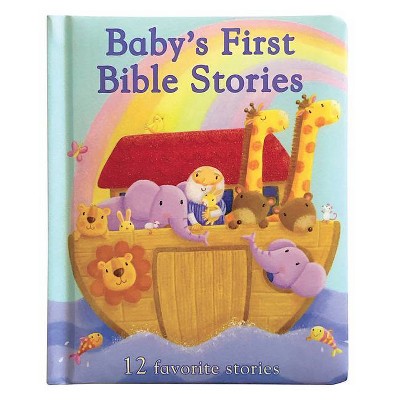
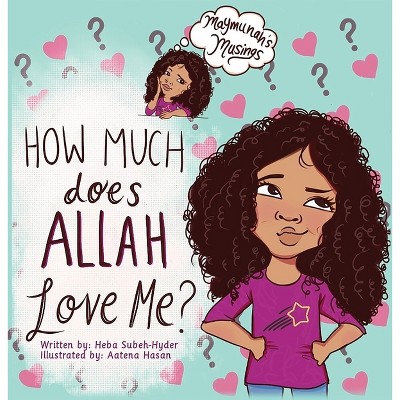

Trending Non-Fiction






